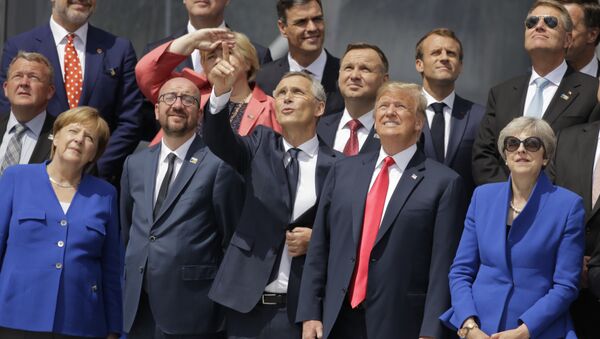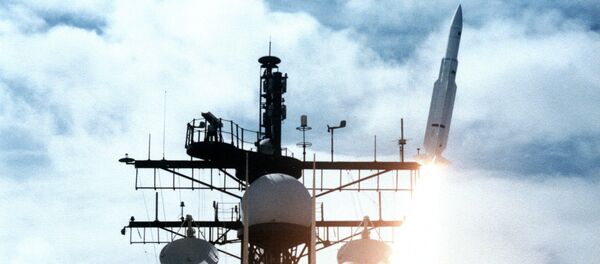NATO officials have been preparing for the collapse of the INF Treaty for months, although the US hasn't officially begun the withdrawal process from the accord, Bloomberg reported, citing an anonymous White House official. The same source added that Washington will suspend its obligations under the treaty starting 2 February unless Russia destroys the missiles and launchers, which allegedly violate the treaty, but didn't specify whether it would also be announcing its full withdrawal.
US Undersecretary for Arms Control and International Security Andrea Thompson announced on 16 January 2019 that the US would start the process of withdrawing from the bilateral treaty on 2 February and that it would take 6 months to complete. She added that Russia can still prove that it has ceased its alleged violations of the treaty during this time period.
Washington has mulled pulling out of the INF Treaty since October 2018, with US National Security Adviser John Bolton calling the INF Treaty "outdated". The US has accused Moscow of violating the accord by developing 9M729 (NATO reporting name SSC-8) missiles and testing them at a range banned by the agreement, which prohibits missiles with ranges between 500km and 5,500km.
READ MORE: Russia Accuses US of Creating Medium and Short-Range Missiles, INF Fate in Limbo
Russia has repeatedly denied the accusations, arguing that the 9M729 missile does not violate the accord. While being repeatedly accused of a "lack of transparency" in the matter by the US and European allies, Moscow held a briefing to present the missile and clarify its characteristics.
The 9M729 has a maximum range of 480km, which is 10km shorter than its predecessor, meaning that it is in line with the INF Treaty. The reduction in range was prompted by an upgrade of its warhead and guidance system, with the missile's engine, fuel tank, and booster remaining unchanged.
Representatives of the US, UK, France, Germany, the EU and NATO did not attend the Russian Defence Ministry's briefing on the missile.
READ MORE: Germany Interested in Russia's Proposals on Preserving INF Treaty
The INF Treaty was signed by the Soviet Union and the US in 1987, and provides for the elimination of all nuclear-armed ground-launched ballistic and cruise missiles, along with their launchers, that operate at ranges of between 500-1,000 kilometres (short-range) and 1,000-5,500 km (intermediate-range).




